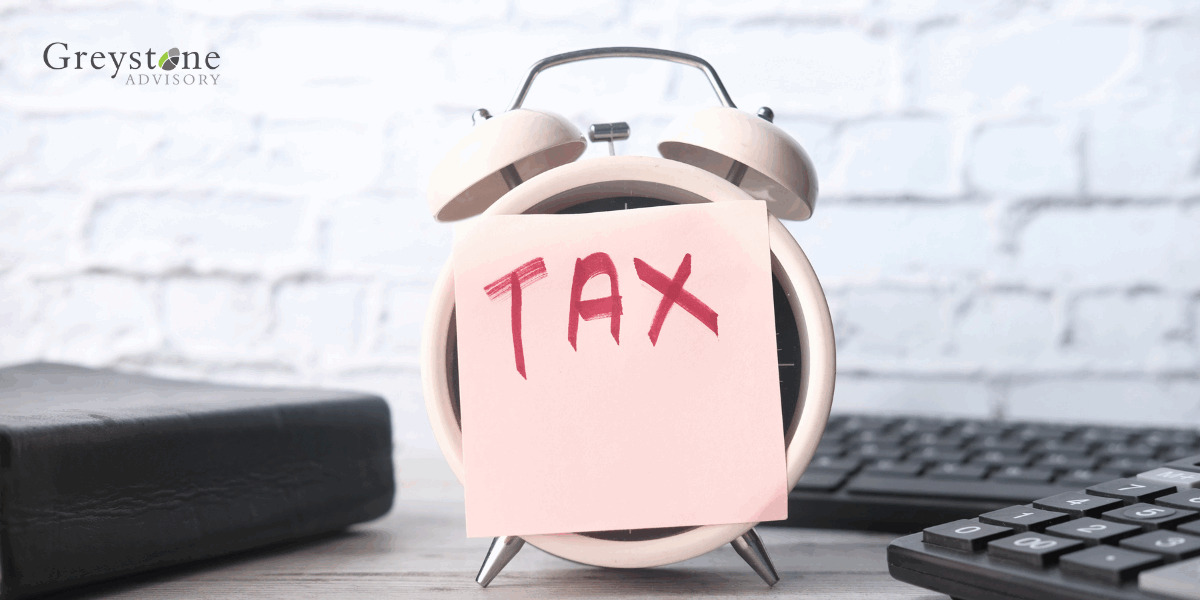If you’re self-employed, a landlord, or have other income that isn’t taxed at source, you may have heard of payments on account. It’s a part of the UK tax system that often causes confusion, but don’t worry, it’s actually quite straightforward once you break it down.
Let’s take a quick look at what it means, why you have to pay it, and how it affects your cash flow.
What Are Payments on Account?
Payments on account are advance payments towards your next tax bill. Instead of waiting until the end of the year to pay your full tax liability in one lump sum, HMRC asks you to spread the cost by making two payments during the year. Each payment is usually half of your previous year’s tax bill. The first payment is due on 31 January (the same day your tax return is due), and the second is due on 31 July.
Why Does HMRC Do This?
It’s all about cash flow, for both you and HMRC. By collecting tax earlier, HMRC reduces the risk of taxpayers building up large tax debts. For you, it can help spread the cost of your tax bill, rather than facing a single, much larger payment once the year is over.
How Are Payments on Account Calculated?
Here’s a simple example to illustrate how it works. Imagine your 2023/24 tax bill comes to £6,000. HMRC assumes that your 2024/25 bill will be similar. You’ll be asked to pay £3,000 on 31 January 2025 and another £3,000 on 31 July 2025. When you complete your 2024/25 tax return, your actual tax bill is worked out. If your tax liability is higher, you’ll need to pay a balancing payment to cover the difference. If it’s lower, you may receive a refund or an adjustment to future payments.
What About Payments for the First Year?
If it’s your first year of filing a Self Assessment tax return and your tax bill is over £1,000, you’ll need to pay the full amount for your first year as well as your first payment on account for the next year. This often catches people by surprise because it effectively doubles what you need to pay in January.
Can I Reduce My Payments on Account?
Yes, if you expect your income to drop significantly, you can apply to reduce your payments through your HMRC account or by asking your accountant to submit a request on your behalf. However, it’s important to be cautious. If you reduce your payments too much and your final tax bill ends up higher than you estimated, HMRC will charge interest on the shortfall.
Understanding how payments on account work is essential for managing your cash flow and planning ahead. If you’d like help working out what you owe or whether you can reduce your payments, get in touch, we’re always here to help make tax feel less complicated.






